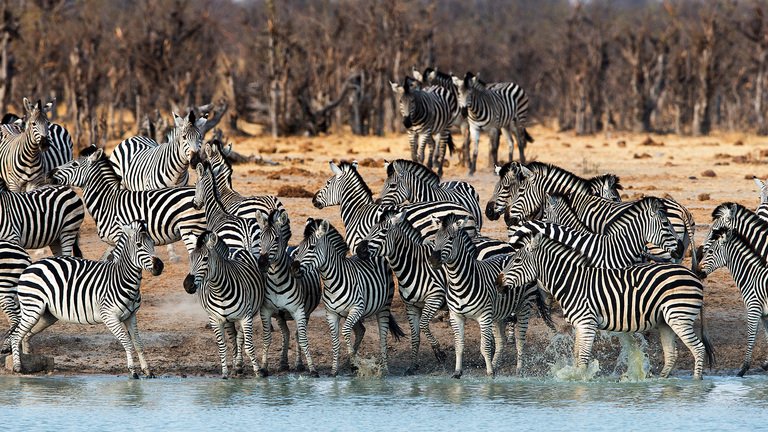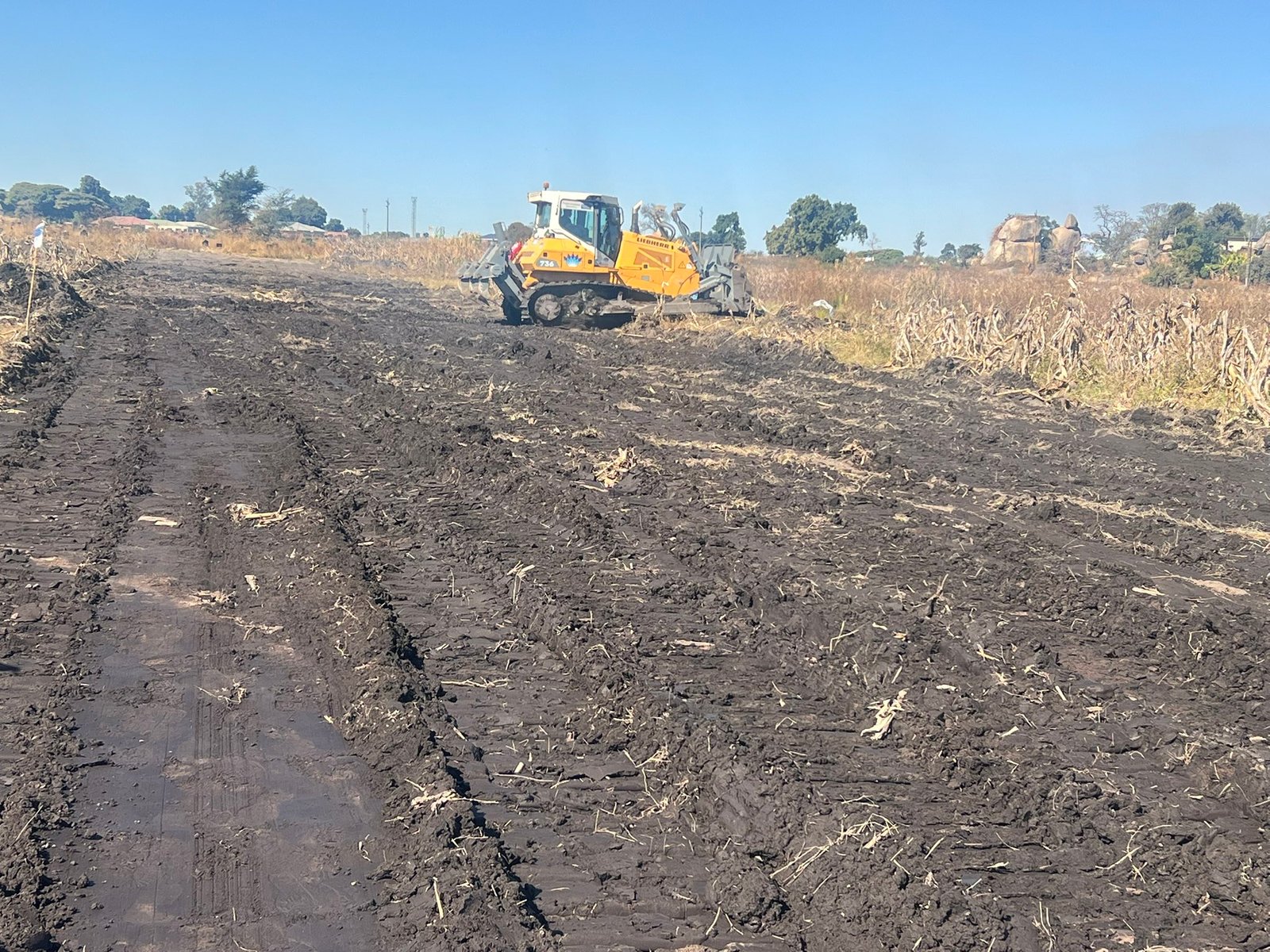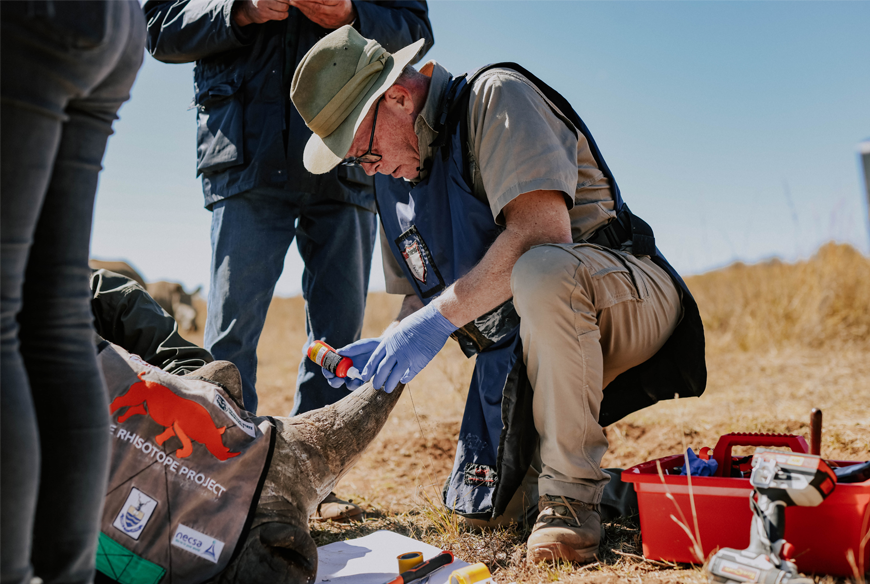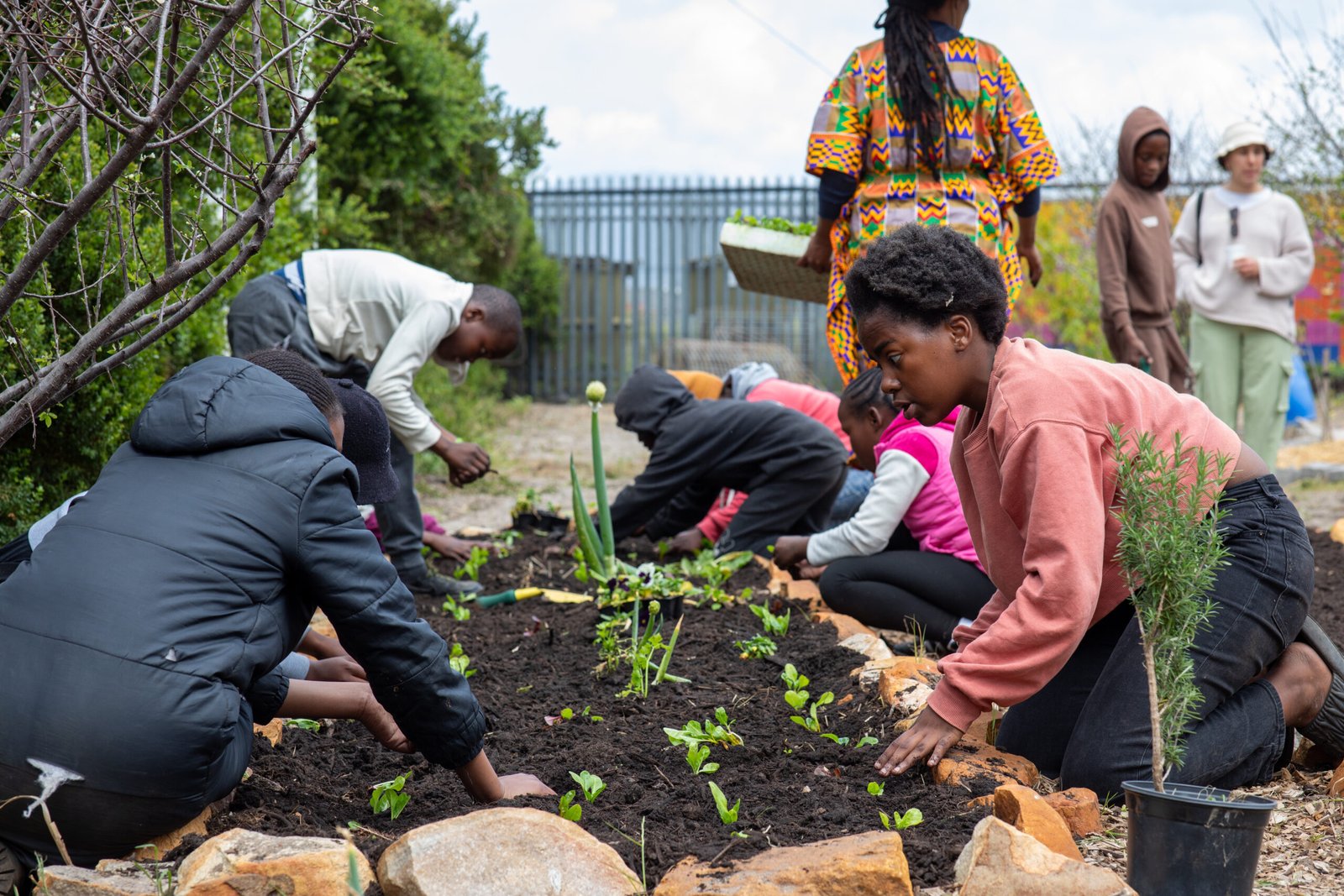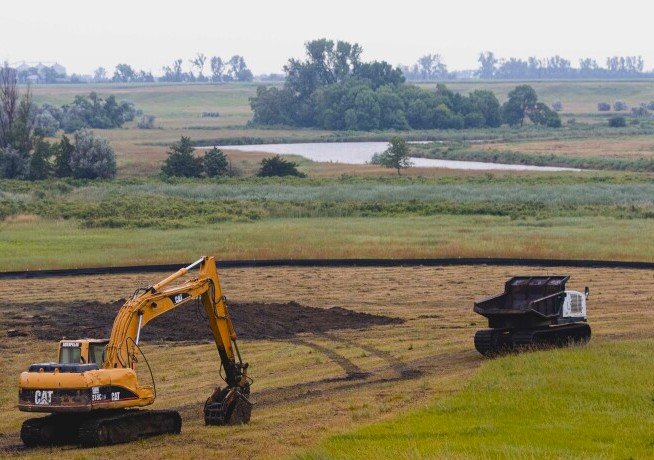This initiative aims to bolster conservation efforts and restore ecological balance in protected areas, where habitat loss and historical declines in wildlife populations have impacted biodiversity.
The translocation which begun in 2023, upon request from the Equatorial Guinea Government, when a team of wildlife experts from Zimbabwe carried out an ecological feasibility assessment to assess the wildlife habitat and suitability of the properties in Equatorial Guinea where the animals will be kept will see 10 impalas, 10 sables, 10 waterbucks and 30 zebras being translocated to the Central African nation.
In a statement by Zimbabwe Parks and Wildlife Management Authority (ZimParks), these animals which are being translocated are not endangered (not protected by CITES/CMS) and are being moved safely under international transport rules. Vets will check them, use climate-controlled flights, and give them time to adjust in special enclosures.
“These wildlife species are not endangered and not listed on the Convention on International Trade in Endangered Species of Fauna and Flora (CITES) or the Convention on Migratory Species of Wild Animals (CMS) appendices and the translocation adhere to the International Air Transport Association (IATA) guidelines on transportation of live animal specimens.”
“The translocation process complies with stringent animal welfare protocols, including veterinary health assessments, climate-controlled transport, and acclimatization enclosures in Equatorial Guinea,” reads part of the statement.
This initiative seeks to revive Equatorial Guinea’s protected areas by reintroducing wildlife to restore natural balance, boost tourism, support research, and create eco-tourism jobs for local communities.
“This programme aims to restore the ecological balance in Equatorial Guinea’s protected areas, where habitat loss and historical declines in wildlife populations have impacted biodiversity.The introduced species will help rejuvenate ecosystem dynamics, support tourism development, promote collaborative research and enhance local community livelihoods through eco-tourism opportunities.”
“Zimbabwe is proud to share its wildlife expertise and resources with Equatorial Guinea and other African countries and this translocation reflects our dedication to global biodiversity conservation and sustainable practices that benefit both nature and communities.”
“This project sets a precedent for continental conservation partnerships, with plans for additional collaborations aimed at species recovery, habitat protection, and community engagement.The two countries recognize the role of such initiatives in achieving global biodiversity targets under the Convention on Biological Diversity.”
“This landmark initiative underscores both nations’ commitment not only to wildlife conservation and sustainable ecosystem management, but also to engagement and collaborative natural resource management and research.,” added Zimparks.

